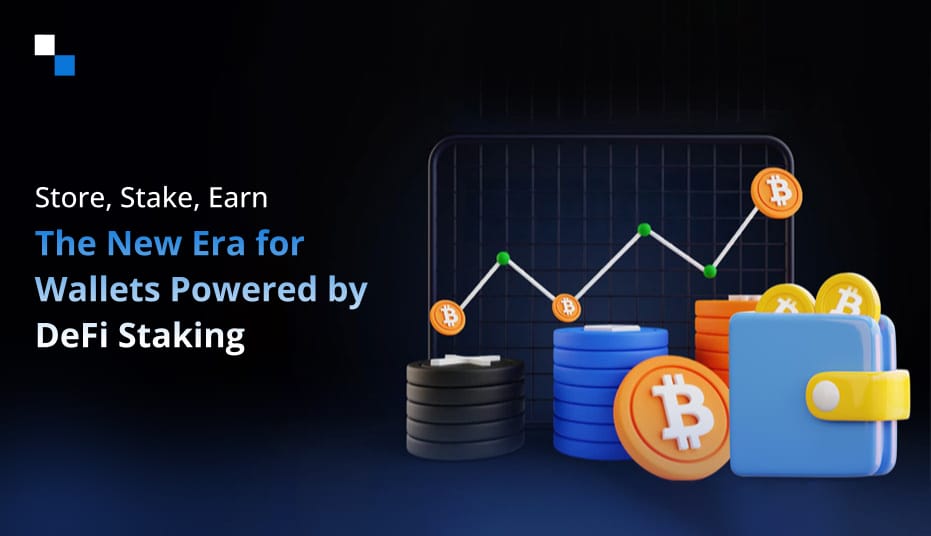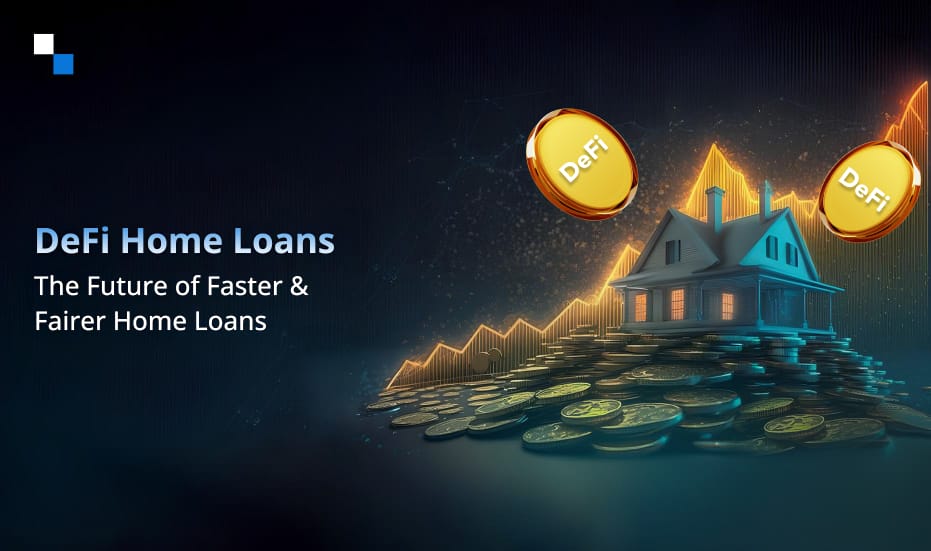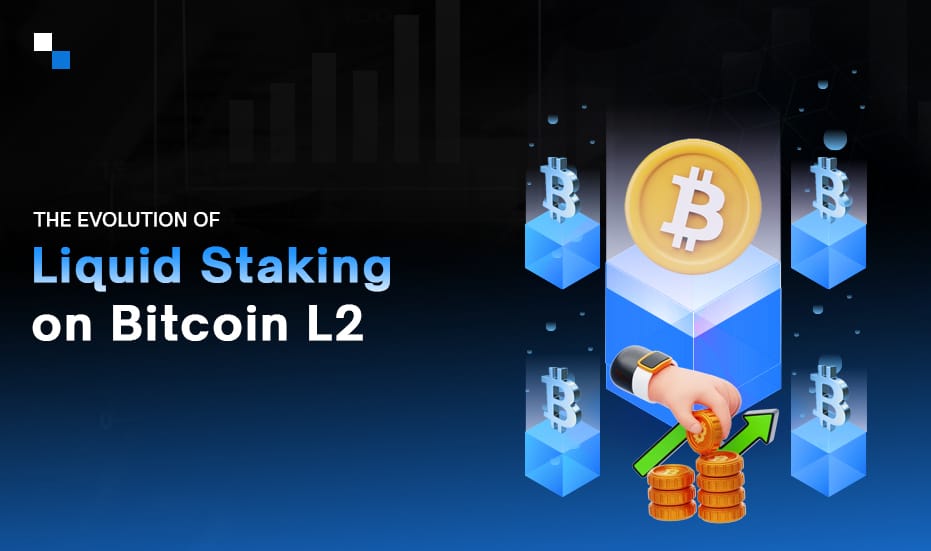
Tron Smart Contract Software: A Multi-Level Billion Market!
September 22, 2022
Crypto Wallet Development: Best Way To Venture Out In Crypto Sphere
September 23, 2022With the advent of technology, digital patterns took regular operations to whole new heights- from transportation, communication, and healthcare, to the retail industry.
Technology gave us the power to email anybody, anywhere virtually in the world. Why can’t we transfer money to people or provide a loan just as easily?
This is where DeFi development services come in!
Table of Contents
- What is Decentralized Finance (DeFi)?
- Why DeFi Development Matter?
- DeFi VS Traditional Business Model
- DeFi Layers
- Features of Decentralized Finance Development
- How DeFi Works?
- Most Popular DeFi Protocols
- Notable Use Cases of DeFi Development
- How Much Does It Cost To Create DeFi App
- Different Industry Verticals Leveraging DeFi
- Future of DeFi Development Services
- How Antier can be your Ideal Partner in Getting Started!
- FAQ
What is a Decentralized Finance System?
Decentralized Finance (DeFi) is an ecosystem of financial applications backed by blockchain technology. It develops and operates in a decentralized way – without intermediaries such as banks, payment service providers, or investment funds – all sorts of financial offerings backed by a transparent and trustless blockchain network.

Besides this, the total number of DeFi users has seen a rapid elevation over the last few years:

Notable Characteristics of DeFi Include:
- Decentralized
- Permissionless
- Immutability
- Transparency
- Non-Custodial
Why DeFi Development Matters?
Decentralized finance solutions provide the ability of lending, borrowing, yield generation, and private payments to anyone, anytime across the globe. The system emphasizes offering an advanced and alternative financial system that is completely automated, decentralized, and censorship-resistant, all with low fees backed by minimized counterparty risk.
Highlights of Decentralized Finance:
- Asset Management
- Stablecoins
- Money Markets
- Insurance
- Derivatives
- Decentralized Exchanges (DEXs)
- Tokenization
- Prediction Markets

DeFi Layers
There are majorly four decentralized finance development layers:

Settlement Layer
Also referred to as ‘Layer 0’, the settlement layer sets the foundation where all other DeFi transactions are developed. Comprising a public blockchain and cryptocurrency, transactions taking place on DeFi applications are settled with this currency that can be traded in public markets. Ethereum is one of the notable examples of a settlement layer.
Protocol Layer
This layer comprises the standards and rules that are written for governing particular tasks that all participants in a specific industry agree to follow as a prerequisite to operating in the industry. It ensures liquidity to the DeFi ecosystem and one notable example of a protocol layer is Synthetix.
Application Layer
All the consumer-facing applications exist in the application layer which further simplifies the consumer-specific services. Major lending services and decentralized crypto exchanges are present in the application layer.
Aggregation Layer
In this layer, aggregators connect numerous applications from the application layer for offering services to investors.
Features of Decentralized Finance Platforms

There are numerous unique functionalities that make decentralized finance cryptocurrency unique from the traditional finance model. Here are a few of the most notable features of Decentralized Finance Platform:
Permissionless
The concept of DeFi token development does not work upon the conventional principles of access as carried out in the traditional finance system. Rather, DeFi works upon an open, permissionless access model where any user with an Internet connection and a crypto wallet can access DeFi development services irrespective of the geographical location.
Programmability
All the DeFi solutions available presently exist on the Ethereum blockchain which opens the doors to access smart contracts with extended chances of programmability in DeFi assisting in automatic execution. Besides that, DeFi also offers better opportunities for building new avenues for creating new financial instruments and digital assets.
Transparency
All the transactions across the public Ethereum blockchain are broadcasted to other users on the network. Further, the users get involved in verifying what is broadcasted to them. All the Ethereum addresses here are encrypted keys along with pseudo-anonymity.
Immutability
In Decentralized Finance, the exchange of information and financial transactions demands the assurance of data integrity. Therefore, it becomes essential for having tamper-proof data coordination across the decentralized architecture which further helps in security enhancements and better scope for audits. Backed by secure data transmission with no unauthorized alterations, DeFi holds the ability to provide the assurance of integrity across all transactions.
Non Custodial
Another benefit of counting on a DeFi development company is that DeFi gives users complete control over their confidential data and assets backed by permissionless financial protocols and applications. This opens doors to numerous applications for users that include- asset management, lending and borrowing, gaming, insurance, decentralized exchanges, data and analytics, margin trading, staking, and tokenization.
How DeFi Works?
To get started with DeFi, users need to count on decentralized applications ie dApps where they need not fill the complete application for opening an account, rather they need to follow a simple process that comprises the following steps:
- The user needs to lend his crypto and earn interest and rewards every minute.
- Receiving a loan is a hassle-free process where the user doesn’t have to go through tedious paperwork and documents to apply for a loan. They can avail of short-term “flash loans”, that are not offered by traditional banks otherwise.
- Individuals can carry out peer-to-peer trades of their certain crypto assets and can even purchase and sell stocks with no brokerage or intermediary involvement.
- Individuals can put their crypto into a savings account while earning interest in return. The interest earned on crypto is comparatively higher than the interest individuals received from a traditional bank.
- Individuals can even make bets on particular crypto assets while considering these assets as futures contracts.

Most Popular DeFi Protocols
Aave
It is a decentralized lending protocol that gained wide adoption throughout the DeFi platform development landscape and allows users to lend or borrow cryptocurrency with the elimination of any centralized intermediary.
Yearn.finance
It enables users to easily participate in complex investing strategies by offering tokens to the platform. It has a diverse range of products focused on simplifying DeFi and is now gradually grabbing the attention of investors.
Synthetix (SNX)
It is a protocol that gained wide traction in the crypto platform development space for allowing the issuance of synthetic assets on the Ethereum blockchain. It supports synthetic commodities like synthetic cryptocurrencies, synthetic cryptocurrency indexes, synthetic inverse cryptocurrencies, etc.
Compound
It is a popular decentralized, blockchain-based protocol that enables users with lending and borrowing crypto — and become a part of its governance backed by its native COMP token.
Uniswap
It is an on-chain liquidity protocol on the Ethereum blockchain which ensures trustless token swaps. Uniswap is utilized to easily swap between Ethereum and other ERC-20 tokens where the users can even buy Uni, Uniswap’s governance token, UNI.

How Much Does It Cost To Create DeFi App
Prior to getting started with any sort of DeFi and crypto token development projects, a major area of concern, especially amongst startups is the cost.
The overall cost of an average DeFi application is based upon a few factors that include:
- Business purpose
- Blockchain technology and platform
- Smart contract logics
- UI/UX
- Developers
- App functionalities
- Company cost
- Web/mobile/desktop user interface
- Off-chain data
- Wallet integration
- Location and structure of development
- App Maintenance cost
Click here to learn the role of smart contracts in the DeFi ecosystem.

Future of DeFi Development Services
The paradigm shift of key market players and other tech unicorns from traditional business models to decentralized finance systems is already live evidence of the wide popularity and adoption of DeFi blockchain development.
Since 2017, the concept of DeFi Software Development is proving its potential in every major industry vertical and is not only confined to the financial sector. Therefore, DeFi is no longer in its initial phase, rather it is becoming mainstream gradually while opening doors to better opportunities for emerging businesses and crypto enthusiasts. From giving complete control to the user’s hands, generating higher interest rates, to assisting users to save on banking fees, DeFi has countless other benefits that are yet to be realized.
How Antier can be your Ideal Partner in Getting Started!
If you are ready to jump on this bandwagon and become a leader in the DeFi landscape, you can get a free consultation with the subject matter experts at Antier.We are amongst the globally recognized DeFi development companies with over two decades of industry experience and a team of 500+ certified blockchain professionals.
We excel in delivering a comprehensive range of DeFi development services including- DeFi wallet development, yield farming development, DeFi staking platform development, lending, and borrowing platform development, dApp development, lottery platform development, etc.
No matter how complex your business vision is, Antier can help in bringing those ideas to life. Connect with us today!

FAQ
- What is DeFi token development?
DeFi token development is all about representing a wide array of cryptocurrencies native to automated, decentralized platforms backed by smart contracts. Major reasons to count on DeFi tokens include- Wider accessibility to financial services
- Better finance opportunities
- Stability of price at par with Ethereum
- Get the voting authority of DeFi protocol proposals
- What is an example of decentralized finance?
The most popular DeFi picks include Aave, Avalanche, Cardano, Chainlink, Polkadot, and Polygon. - Will DeFi replace banks?
Not at all, the concept of Decentralized Finance is to streamline, automate, improve, and secure the traditional banking system while taking customers’ experience to the next level. - Is decentralized finance the future?
Though DeFi is in its infancy, it has already proved its true potential throughout global industry verticals while giving complete control to users’ hands while removing the concept of intermediary involvement and centralized control. In the times ahead, there are a lot of advancements that are yet to be unlocked. - How do banks use DeFi?
Leveraging DeFi is assisting banks to gain financial freedom and manage finances like a pro. DeFi holds the potential to make financial services more accessible and democratized while ensuring utmost security backed by encryption and smart contracts.



